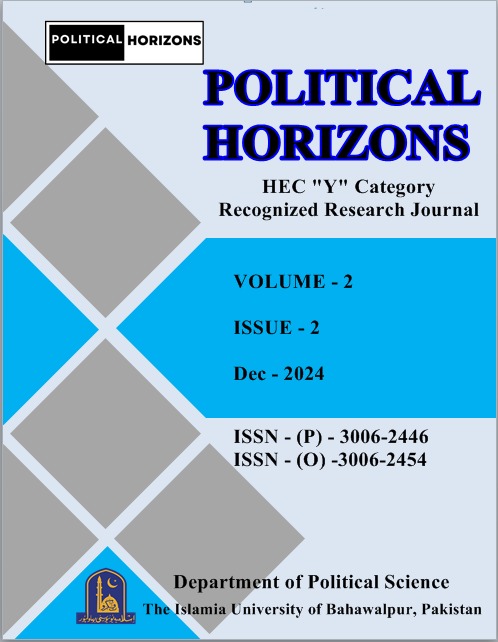Digital Polyarchy: The Role of Emerging Technologies in Shaping Democratic Resilience
Abstract
The emergence of digital technologies has heightened the vulnerability of democracy, presenting significant challenges that demand urgent attention. Notable concerns include declining public confidence in democratic institutions, the surge of nationalism and populism and the rise of hybrid democracies with authoritarian tendencies. Conflicts and migration further threaten democratic stability, exacerbating these issues. Despite these challenges, democracy remains resilient, as evidenced by ongoing democratic transitions and the pivotal role of local governments in promoting citizen-centric governance. This study addresses the critical problem of how digital technologies threaten democratic processes and explores strategies for safeguarding democracy in the digital age. The research questions focus on identifying the key risks posed by digital technologies to democracy and exploring potential solutions for enhancing democratic resilience. The theoretical framework of this study is grounded in Dahl's theory of polyarchy, which emphasizes the importance of institutional reforms and citizen participation in maintaining democratic integrity. The findings may suggest that strengthening democratic institutions, improving digital literacy and regulating digital platforms are crucial for mitigating the risks posed by the digital era. These strategies not only enhance democratic resilience but also promote inclusive citizen engagement, offering a pathway to safeguard democracy in an increasingly digital world.
Keywords: Digital Polyarchy, Democratic, Technologies, Political, platforms

Downloads
Published
How to Cite
Issue
Section
License
Copyright (c) 2024 Usama Bin Nawaz Khan, Dr. Akram Zaheer

This work is licensed under a Creative Commons Attribution-NonCommercial 4.0 International License.




